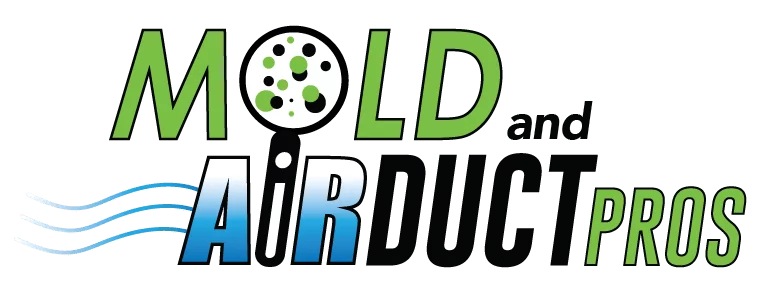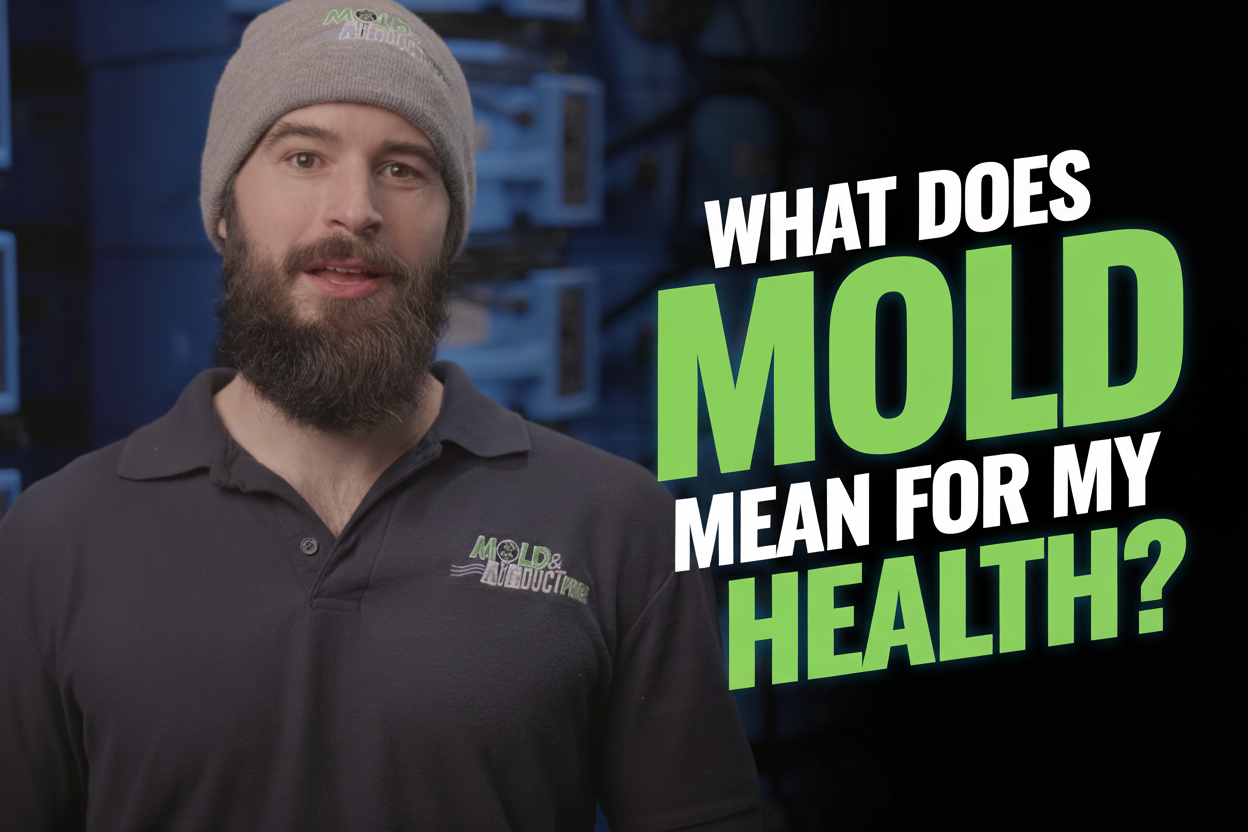Mold is a common issue found in homes and offices, but it can have significant impacts on health. Understanding what mold means for your health and taking appropriate action can help mitigate its effects. In this article, we discuss the potential health impacts of mold and how to manage exposure effectively.

The Diversity and Impact of Mold
With over 100,000 species, mold is a diverse organism. Each mold species can affect individuals differently. Factors like age, immune system status, and existing health conditions play a critical role in determining the severity of mold-related health problems. Those particularly vulnerable include the elderly, infants, young children, individuals with compromised immune systems, and those with pre-existing lung conditions.
Common Symptoms of Mold Exposure
Mold exposure can result in a range of symptoms, from mild to severe. Common symptoms include nasal congestion, throat and ear irritation, coughing or wheezing, and eye or skin irritation. Some may experience headaches, difficulties with mental clarity, or more severe reactions like fever and breathing difficulty. It’s crucial to note that allergic reactions may occur immediately or develop over time after continued exposure.
Managing Mold Allergies
Both live mold and dead mold spores can trigger allergic reactions. Proper remediation involves complete elimination of mold spores from the environment. Professional services, like those offered by Mold and Air Duct Pros, utilize methods such as HEPA vacuuming to thoroughly remove these spores, reducing the risk of allergic reactions.

Mold and Respiratory Issues
Individuals with asthma can experience asthma attacks triggered by mold exposure. Those with mold allergies are particularly at risk. As a result, managing mold efficiently in any indoor space is critical to ensure the safety and health of those using the premises.
Preventive Measures and Professional Intervention
Regardless of an individual’s health status, it is essential to identify and remove mold immediately to prevent potential health repercussions. Maintaining a living or working environment free from mold involves regular checks and prompt action if mold is discovered. Mold and Air Duct Pros provides professional assessment and remediation services to address such issues effectively.
If you suspect mold presence in your home or office, consider reaching out to professionals for advice and air quality testing with instant results. Mold and Air Duct Pros, based in Cleveland, Ohio, can be contacted at (440) 494-4779 for expert assistance in mold-related concerns.

